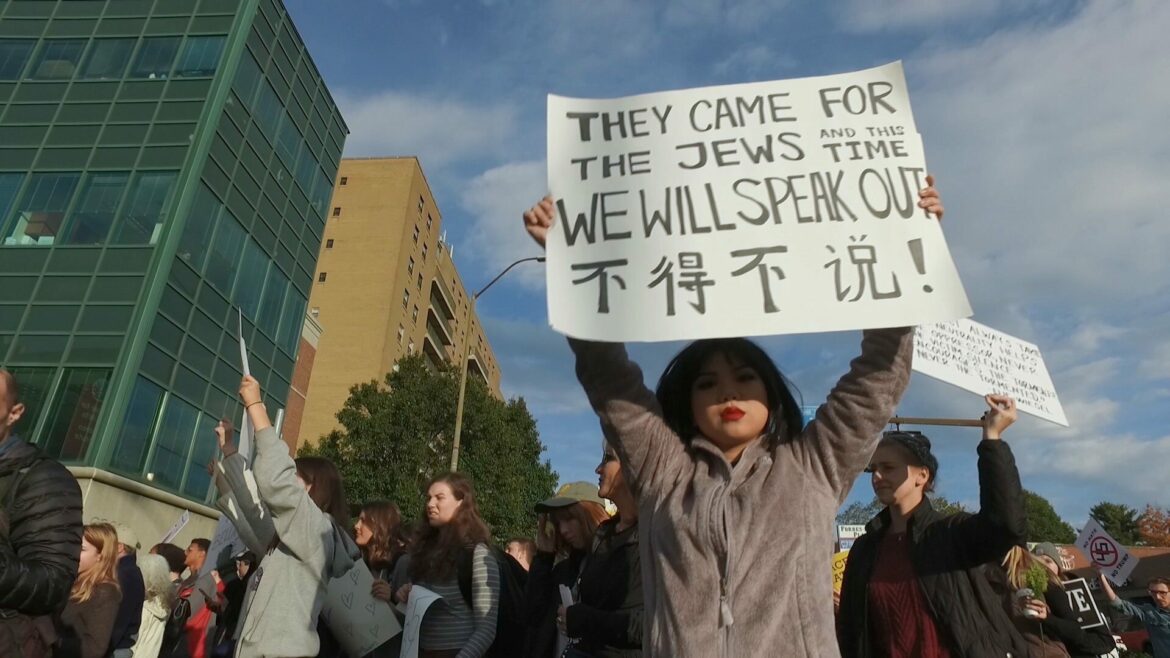Layoffs, pay cuts and staff restructuring loom for Pittsburgh’s WQED
WQED in Pittsburgh will undergo a three-year overhaul that includes layoffs within its executive ranks, the station’s board decided Thursday.
The revamp constitutes “significant changes to [WQED’s] operations and staffing model,” an announcement from the station said. WQED aims to retire its debt by 2030.
The station will undergo layoffs, cuts to executives’ salaries and a reorganization of staff. Some employees will be reclassified as part-time or on-call. The local TV production unit will be restructured, with a new programming schedule announced next month.
The local Post-Gazette reported that 17 staffers were laid off Thursday morning. Longtime WQED producers and on-air hosts Michael Bartley and Tonia Caruso were among those cut, according to the newspaper. The Tribune Review reported that 14 full-time employees and one part-time worker were laid off, with two more full-time staffers offered part-time work or severance pay.
“The continued availability of WQED television and radio as high-quality public resources is our only priority,” said William Caroselli, chair of the WQED Multimedia Board of Directors, in the announcement. “This was a difficult but prudent decision, and one that the board fully embraces.”
The cuts in staff positions will include executive-level layoffs, the statement said.
The board is aiming to decrease the station’s fiscal 2016 budget by 6.8 percent compared with the prior fiscal year. It will also examine refinancing existing long-standing debt with more favorable terms.
WQED’s staff and board consulted funding partners and other stakeholders before finalizing this plan, the statement said.
Those parties “want and deserve decisive action that delivers great programming while confronting the legacy of unsustainable debt and dramatic ongoing change in the media landscape that has threatened the future of public broadcasting across the country,” said Deborah Acklin, station president.
This is not the first round of cutbacks for the station. Last October, WQED laid off three full-time staffers and one part-time employee, reduced five full-time staffers to part-time and cut four vacant positions. At the time, the station characterized the moves as a “minor reorganization” to bring expenses in line with projected revenue.
And in February, WQED cut two radio positions and trimmed locally programmed classical music following a seven-month study. “We wanted to guarantee a future for WQED-FM, and if that meant we had to make some financial adjustments, we were willing to make them, as painful as that process is,” Acklin said at the time.





